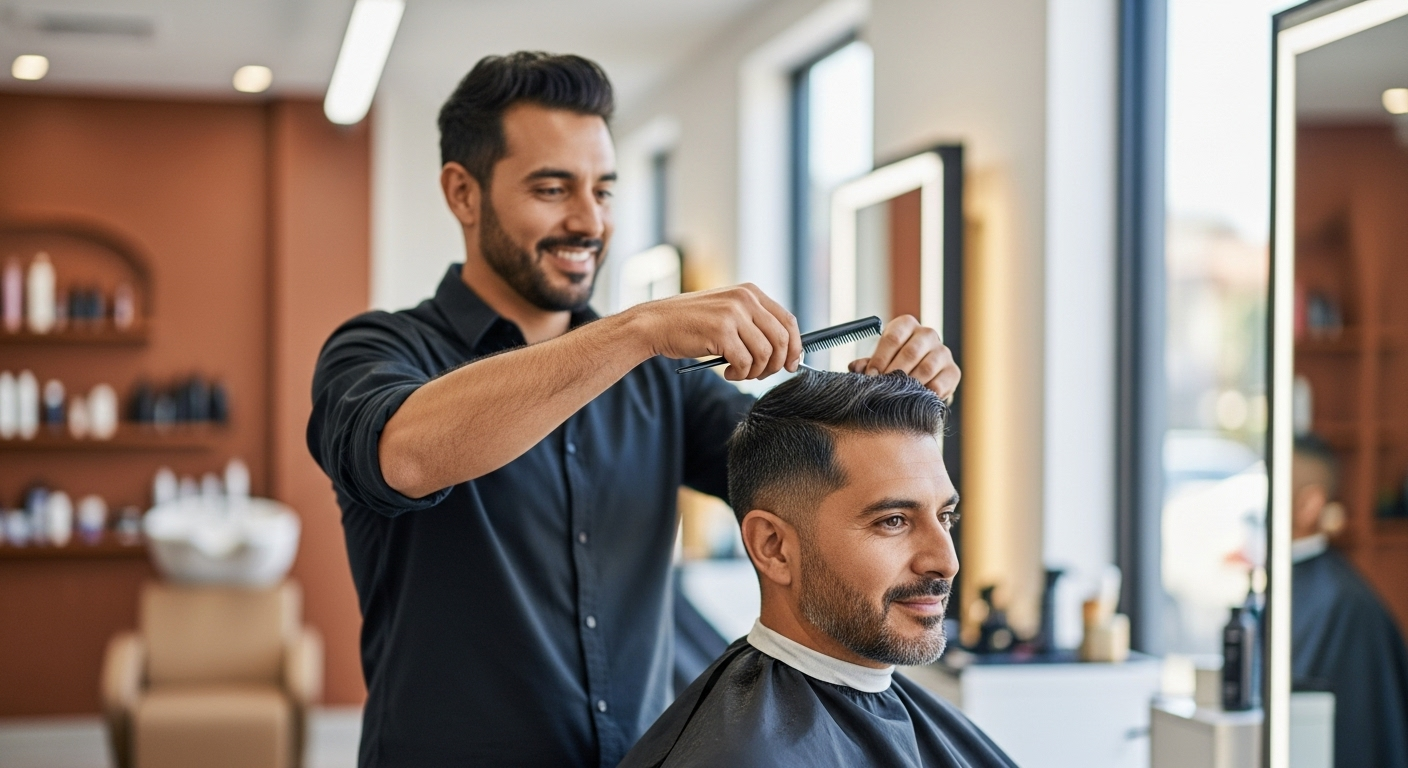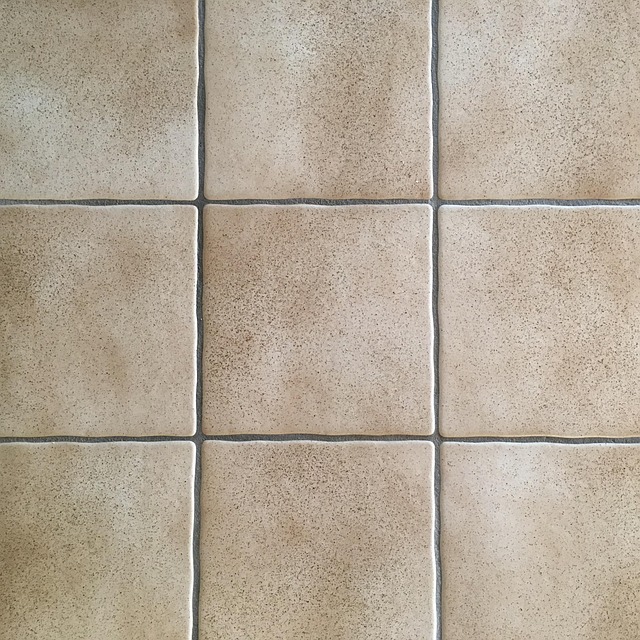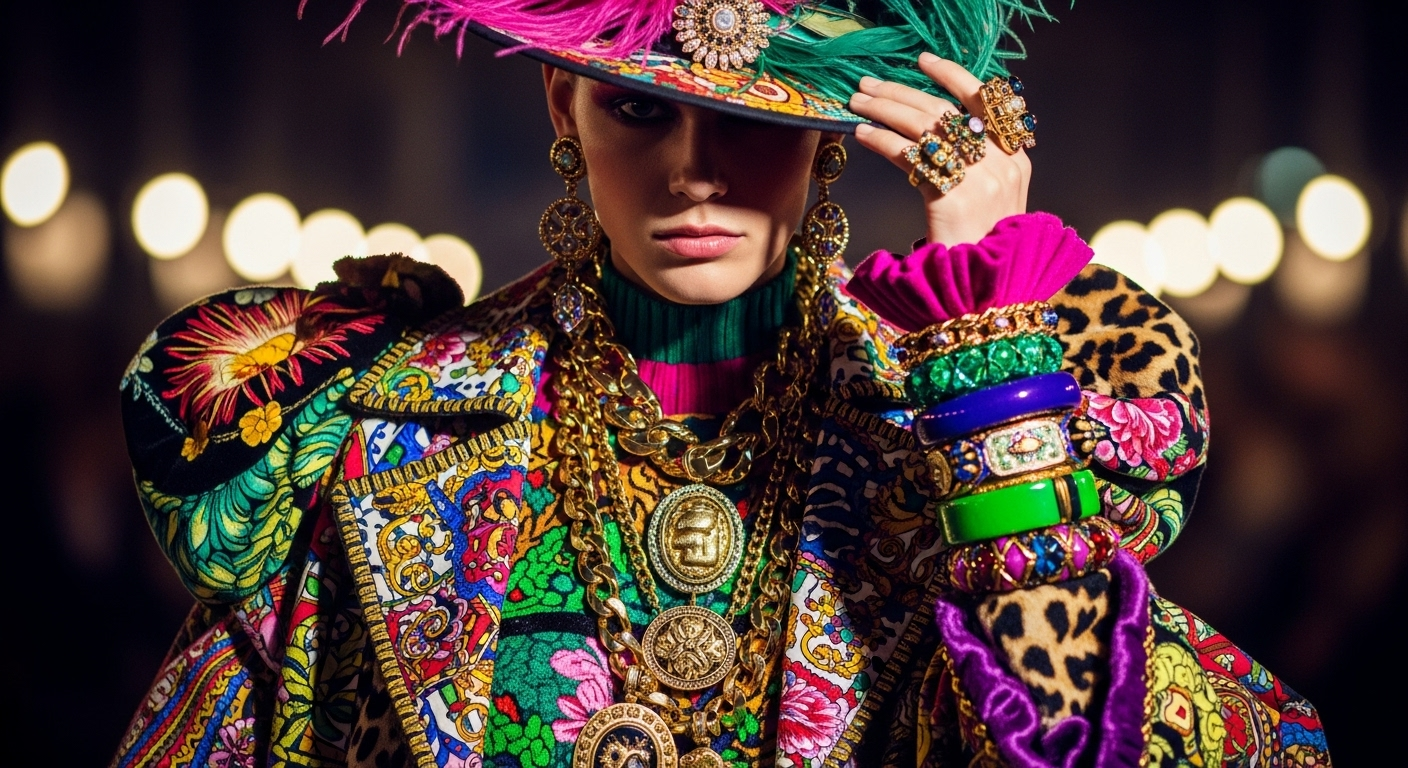Senior-Friendly Hairdresser Services and Salon Hair Care
A good hairdresser does more than cut hair; for many senior and elderly clients, salon visits support personal dignity, social connection, and comfort. Tailored hair care for older adults considers changing hair texture, scalp sensitivity, mobility limitations and medication effects. This article explains what to expect from senior-focused salon services, how salons can adapt their space and approach, and practical tips for seniors and caregivers to make each visit safer and more enjoyable.

What does a hairdresser offer for seniors?
A hairdresser serving seniors typically provides gentle, consultative service that addresses thinning hair, increased fragility, and scalp sensitivity. Services commonly include regular trims to reduce breakage, styling that adds volume, gentle color techniques with patch testing, conditioning treatments to combat dryness, and advice on low-maintenance looks. Experienced stylists often adjust their touch and timing to accommodate slower movement or seated comfort needs, and they can recommend products formulated for mature hair.
How can salons adapt hair care for the elderly?
Salons that prioritize elderly clients make practical adaptations: adjustable chairs, non-slip flooring, clear lighting, and quieter waiting areas reduce stress. Staff training on respectful communication and patience improves the experience, while appointment scheduling can allow longer times and flexible pacing. Many salons offer mobile or in-home hairdresser services for clients with limited mobility. Product selection should include milder shampoos and hypoallergenic options to protect sensitive scalps typical in older adults.
Choosing the right salon for senior hair care
When selecting a salon, look for experience with senior clients, accessible facilities, positive reviews, and a staff that listens to medical or mobility concerns. Ask whether stylists perform patch tests for color, use disposable or sanitized capes, and are comfortable coordinating with caregivers. Salons that offer consultations before major changes (color, chemical treatments) help seniors set realistic expectations and tailor services to individual hair health and lifestyle.
Common hair care services provided by hairdressers
Standard offerings for seniors include shampoo and scalp massage, restorative conditioning, trims and shaping, short styles that reduce daily maintenance, gentle coloring, and styling for special occasions. Some salons provide hairpiece fitting, wig cutting, and maintenance advice for those using prosthetics. Hairdressers can also perform scalp checks to note dryness, flaking, or irritation and recommend seeking medical advice if they see signs of a dermatological condition.
Preparing for a salon visit: tips for senior clients
Plan for comfort and safety: wear loose, easy-to-remove clothing and bring a companion if mobility assistance is needed. Communicate any allergies, medications, or hearing/vision limitations when booking. If transportation is an issue, ask the salon about later arrival windows or mobile services. Bring photos of preferred styles to streamline consultation, and discuss styling goals and daily routines so the stylist can recommend practical, low-maintenance options that suit hair texture and lifestyle.
Safety and accessibility in salon hair care
Prioritize salons that follow clear sanitation protocols, use clean tools, and offer patch tests before applying color or chemical treatments. Stylists should be aware of common medication side effects—such as thinning or increased sensitivity—and modify processes accordingly. For clients with balance or fall risk, salons can provide stable seating, assistive supports, and clear walking paths. If you or a caregiver notice unusual scalp lesions, pain, or rapid hair loss, consult a healthcare professional for evaluation.
This article is for informational purposes only and should not be considered medical advice. Please consult a qualified healthcare professional for personalized guidance and treatment.
Conclusion
Senior-focused hairdresser services and thoughtful salon practices can make routine grooming safer, more comfortable, and confidence-boosting for elderly clients. Clear communication between clients, caregivers, and stylists, along with accessible facilities and tailored hair care, helps ensure that salon visits remain a positive part of elder well-being and self-expression.






